Q&A with NTU’s library lead on the university’s new SMART laptop lockers
We spoke to Dr. Richard Cross, Head of Discovery and Digital Futures within Libraries and Learning Resources (LLR) at Nottingham Trent University (NTU), about their new D-Tech SMART lockers for laptop loaning.
With four site libraries and a network of student study spaces, LLR provides a comprehensive suite of services that are integral to the university’s mission to deliver the highest quality learning, teaching, and research across a wide range of disciplines.
It’s no coincidence that the library has a forward-thinking team behind it, and the introduction of SMART lockers marks another step in their ongoing commitment to continually enhance student services.
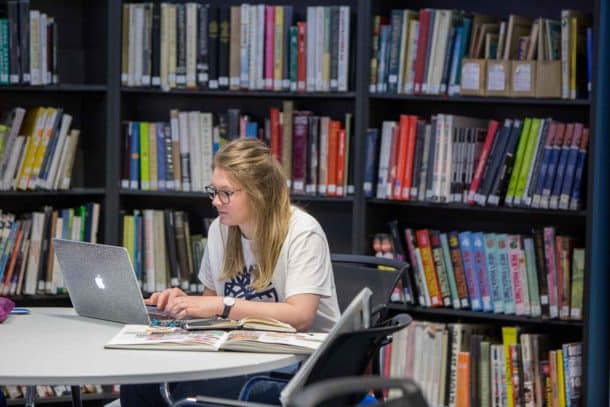
Q. Laptop loaning isn’t new to NTU. How important is this service to your students?
A. For more than a decade now, LLR has been expanding the network of self-service provision. Windows laptops and MacBooks, which students can borrow simply by tapping their university card on the Mifare reader, have been an integral part of that. It’s a service that students welcome and rate highly, and we’re always looking at ways to develop our provision in this area to keep in step with rising student expectations.
Q. Why did you upgrade to D-Tech’s SMART lockers?
A. We needed to replace a laptop locker in our Clifton library site which had been relocated to another campus as part of our management of services during lockdown restrictions. When we approached D-Tech to discuss our requirements, it became clear that the timing was fortuitous. They were just about to launch a ‘next generation’ library self-service device in the form of the SMART locker. In LLR, we have a track record of being “early adopters” of emerging technologies, and we were quickly convinced that, rather than replace like-for-like, we should upgrade to the new D-Tech SMART locker.
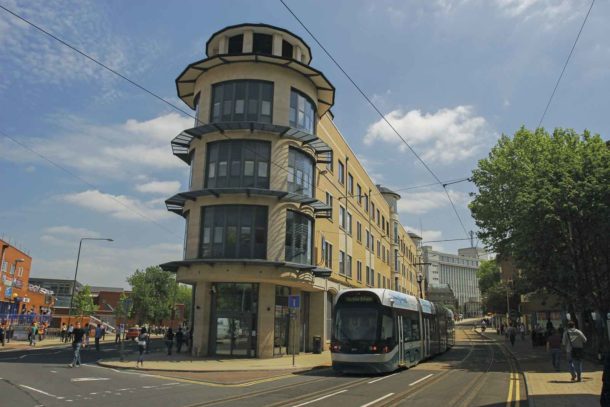
Q. How does this compare to your old lockers?
A. The logic of D-Tech’s development path is compelling. Rather than locker units hard-wired to a single self-issue transaction, the new flexible model of the multi-purpose SMART locker is much more responsive and future-proofed. Students in our Clifton library really like using it. We’ve had some great feedback about the attractive aesthetic of the unit, and the intuitive experience of the loan and return transactions. Some of our students were so keen to start loaning laptops from the locker, that they walked up and placed their smartcard against the reader even as we were stocking and setting up the unit! Loan statistics from the unit show encouraging and consistent levels of usage.
Q. You mention the multi-functional benefit of D-Tech’s SMART lockers. Do you think you will add more lockers with varying capabilities?
A. That is very much the plan, especially as we upgrade to additional SMART lockers at other campus libraries. In the first months, we have continued to dedicate the SMART lockers to lending laptops – such is the level of demand from students. But we fully intend to explore other issue, collect and drop-off self-service options as we look to reconfigure our physical library spaces in the years ahead.
The potential to move other types of resource transaction from mediated ‘at desk’ provision to automated self-service is an enticing one, that can deliver tangible benefits for both students and library teams.
Q. How have your library teams responded to the SMART lockers?
A. All brand-new systems come with a few teething problems, but both front-facing and behind-the-scenes library colleagues were pretty quickly convinced that the decision we’d made to upgrade to breakthrough technology was the right one. We’re not the kind of library service that’s over-cautious by inclination, and our teams enjoy the challenge of implementing new things.
Q. Why did you choose to upgrade with D-Tech over other suppliers?
A. LLR has developed a strong, collegiate working relationship with D-Tech that already stretches back many years. Our confidence in D-Tech is reflected in the fact that we’ve steadily increased our laptop locker inventory to add more units at more sites, in response to student demand – and in response to the requests of our teaching academics.
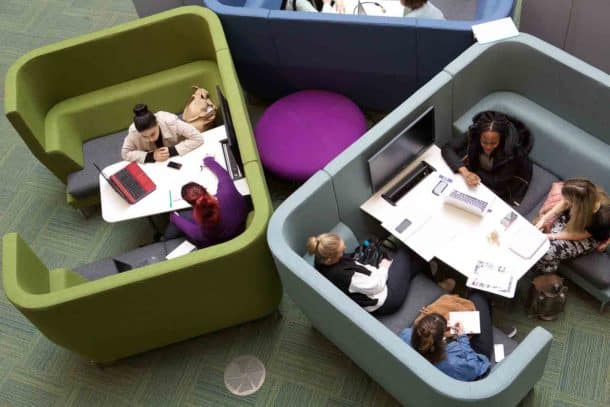
Q. Did you come across any obstacles during or after the installation?
A. As a brand new solution, fresh to the market, there were inevitably some bugs and gremlins to be ironed out during the implementation process. D-Tech were very responsive and proactive throughout the process, combining hi-tech remote connections with on-site visits by their engineers. It was extremely helpful that the development team at D-Tech, who’d worked on the SMART locker, were actively involved in the problem-solving. I’m also fortunate enough to have very dedicated, knowledgeable and professional library colleagues who were all committed to making this work. It was a focused collaborative effort that got us production-ready in short order.
Q. How would you rate D-Tech’s aftercare following the installation?
A. We rate the support services we receive from D-Tech highly. The triage team for support calls are diligent and they know their products. And we’re always confident that we will get a site visit from a capable engineer, who will have all the parts and equipment they need, when that’s what’s required, to resolve any technical issue.
Q. What would you say to other university libraries looking for a laptop locker supplier?
A. LLR is committed to our commercial relationship with D-Tech, and we look forward to learning more about the next phase of technological innovation in self-service delivery for libraries that no doubt they’re already hard at work on.
If you are interested in finding out more about D-Tech’s SMART lockers as a self-service solution for your university, please get in touch or book a live video demonstration.
Join the conversation over on LinkedIn, we’d love to hear views
As innovators of technology for over 20 years, D-Tech International is always operating at the cutting-edge to develop the next generation of enhancements – speak to one of our experienced and friendly team to find out how new technologies could transform your user experience.
SMART Hold
Pick Up Lockers with SMART Holding
Enable intelligent, self-service capability for smart locker solutions
SMART Charge
IT Asset Management with SMART Charging
Create a secure, centralized IT asset management environment
SMART Lend
Lend anything, anywhere with SMART Lending

Simple smart lending of any item to authorized users, any time or anywhere!
SMART Serve
